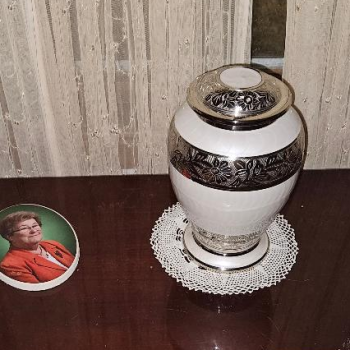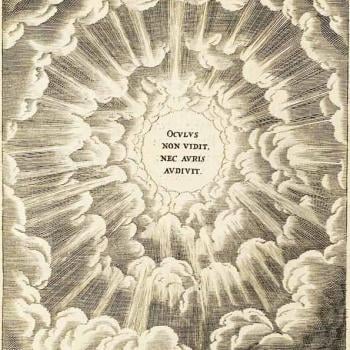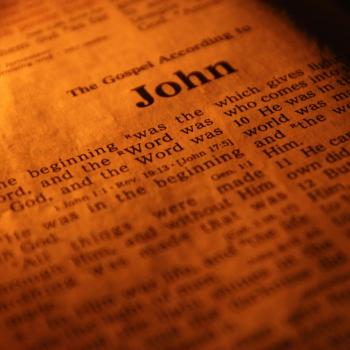There is something in us all who are of sound mind that shudders and weeps at the sights and sounds that have come to us from Japan. What stirs us now is that which stirred us when waves swept through Indonesia in 2004 and other times when we have witnessed a sense of helplessness, a sense of awe at our smallness in a world we pretend to understand.
The French philosopher Voltaire gave words to our sense of hopelessness when he witnessed the effects of the earthquake and tsunami that hit Lisbon in 1755:
Come, ye philosophers, who cry, "All's well,"
And contemplate this ruin of a world.
Behold these shreds and cinders of your race,
This child and mother heaped in common wreck,
These scattered limbs beneath the marble shafts—
A hundred thousand whom the earth devours,
Who, torn and bloody, palpitating yet,
Entombed beneath their hospitable roofs,
In racking torment end their stricken lives.
To those expiring murmurs of distress,
To that appalling spectacle of woe,
Will ye reply: "You do but illustrate
The Iron laws that chain the will of God"?
(tr. Joseph McCabe, 1911)
From his contemplation of the horrors he saw in Lisbon, Voltaire concluded that the notion of Divine Providence is a fiction, that there could be no real God at work in the world who would permit such horror.
Is Voltaire right? Does a tsunami and similar natural disasters dissolve any credibility of a good and benevolent God? Note that disasters like these are unlike, say, the moral evil of September 11, which was rooted in the choices of free human beings. Natural disasters seem to just come out of nowhere. They destroy human lives and the scale of the disaster can be overwhelming.
The Jesuit poet Gerard Manley Hopkins (1844-1889) thought differently. His poem "The Wreck of the Deutschland," a masterpiece of English literature, is a mystical contemplation on a shipwreck off the English coast, which killed 123 passengers, including five Franciscan nuns who were forced to emigrate from Germany due to the anti-Catholic Falk Laws. Hopkins was astounded by the tragedy, both for its horror and its challenge of belief in a good God. Yet his poem manifests a remarkable faith that God is still the Lord of all creation.
I admire thee, master of the tides,
Of the Yore-flood, of the year's fall;
The recurb and the recovery of the gulf's sides,
The girth of it and the wharf of it and the wall;
Staunching, quenching ocean of a motionable mind;
Ground of being, and granite of it: past all
Grasp God, throned behind
Death with a sovereignty that heeds but hides, bodes but abides;
With a mercy that outrides
The all of water, an ark
For the listener; for the lingerer with a love glides
Lower than death and the dark;
A vein for the visiting of the past-prayer, pent in prison,
The-last-breath penitent spirits—the uttermost mark
Our passion-plungèd giant risen,
The Christ of the Father compassionate, fetched in the storm of his strides.
For Hopkins, the disaster was a part of God's providence. Earlier in the poem he focuses on the leader of the sisters, describing her as having faced death with the words "O Christ, Christ come quickly"—a modern martyr, a prophetess whose death was part of a harvest of souls both on the ship and in the English society that read about the story in the newspapers. Hopkins' theology is described by a commentator as tough and dramatic: for the Christian, suffering and death are small in comparison to being alienated from God. God's ways may seem awful, but they are sometimes harsh interruptions of our small, selfish worlds. God intrudes, precisely because God loves, and his intrusions shock us into remembering that the world is but a passing thing.
Hopkins' theology is reminiscent of a much more ancient one: namely, that of Job.
And who shut within doors the sea, when it burst forth from the womb;
When I made the clouds its garment and thick darkness its swaddling bands?
When I set limits for it and fastened the bar of its door,
And said: Thus far shall you come but no farther, and here shall your proud
waves be stilled!
Have you ever in your lifetime commanded the morning and shown the dawn
its place
For taking hold of the ends of the earth, till the wicked are shaken from its
surface? (Job 38: 8-13)





